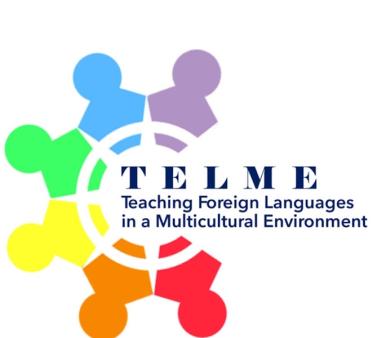Objectives
This degree trains multi-skilled practitioners in fields such as law, economics, management and statistics to be able to draw on multiple interpretative frameworks from different schools of thought (political science, planning, sociology, etc.) in complex situations. Graduates will also be proficient in communication techniques (written and oral communication, computing, foreign languages).
Skills
-
Identifying the functions of a public or private organization and its relationships with all its stakeholders.
-
Mobilizing the theories, concepts and languages of law, economics and social sciences.
-
Observing, describing and assessing organizational functioning in terms of economic, legal and social environment.
-
Excellent writing skills.
-
Applying the basic tools, methods and languages (quantitative and computational techniques) used in the social sciences.
Course Content
Years 1 and 2 are the same for all students, except for one elective per semester in the second year and the languages option. The lectures (CMs) and tutorials (TDs) equip students with a multidisciplinary background (law, economics, management, sociology, political science, mathematics, foreign languages). In year 3, in addition to a core syllabus, students choose between three specialized pathways delivered in Rennes (Organizational Management, Human Resources and General and Territorial Administration) and one in Saint-Brieuc (Business Management and Administration).
Distance learning
The degree is also available through distance learning, delivered via an online learning platform called Cursus. All the documents and information required for learning and revision can be accessed from the platform’s “espaces cours”. Depending on the module, different types of techno-educational tools may be offered: virtual classrooms, audio documents, videos, online exercises, sound slideshows, etc.
Exams
There are two types of assessment methods: continuous assessment (exams of different types held during or at the end of the semester, such as table-top exercises, dossiers, various homework assignments) and final exams held at the end of the two semesters that make up the academic year. The table-top exercise examinations take place physically at Rennes 2 (there is no remote examination centre). Retakes take place in June for students who have not passed their year.
To find out more about the timetable: https://www.univ-rennes2.fr/formation/calendrier-universitaire




